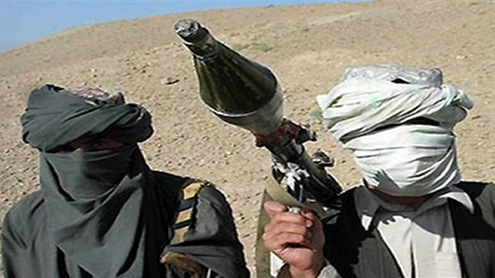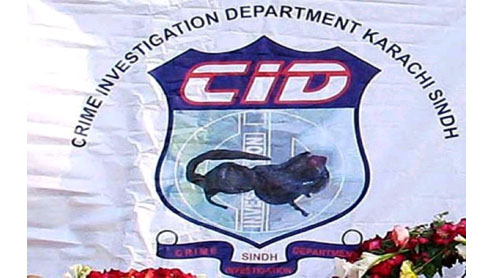
The lack of effective coordination amongst the state institutions charged with the task of ensuring, enforcing and maintaining security and law and order by means of intelligence gathering, surveillance, policing, policy development, legal infrastructure, diplomacy, etc, has inexorably over time shifted the balance of power in favour of non-state actors.
Surprisingly, instead of striking at the root of the problem, it is the symptoms that are sought to be cured rather than the disease itself. On the eve of Eid-ul-Fitr, intelligence information available to the authorities seemed to indicate the threat of major attacks all over the country. Interior Minister Rehman Malik revealed that cell phone services were being shut down temporarily to prevent their use in terrorist actions. Mercifully, Eid passed without incident, partly perhaps because of the heightened security alert countrywide and the denial to the terrorists of the tool of using cell phones as triggers/remote control detonators of bombs.
Subsequently, the interior minister spoke on the media about the government contemplating shutting down all pre-paid cell Sims, the idea being to eliminate connections obtained through false identities that could be used as camouflage for prospective terrorist actions. The intent cannot be faulted, but perhaps this is a bit like throwing the baby out with the bathwater. First, such a move would potentially deprive 90 percent of mobile phone users of the service. How long it would take to restore this if identity scrutiny was envisaged is anyone’s guess, but the size of the task would suggest it would be a very long time. Second, in itself shutting down pre-paid connections may be tantamount to trying to kill a fly with a sledgehammer and still may not resolve the problem. Identity checks should be carried out without depriving the vast majority of innocent users of the service.
One area that remains functional despite our best efforts is the sources of finance of the terrorist groups. The militants command diverse financial sources, both formal and informal. Amongst the former could be included states that are supposed to be our friends but in their misguided zeal for a narrow and oppressive version of religion, support groups financially and in other ways who long ago passed beyond the pale of the acceptable and have taken up arms against the state, either directly or through affiliated groups. The latter include drugs, kidnapping for ransom, extortion, etc.
On occasions such as Eid, the jihadists use the umbrella of donations for social welfare as their modus operandi to gather financial resources. Charity by its myriad names, donations, Zakat, Sadqa, Ushr, Fitrana, animal hides, etc, keep the coffers of the militant organisations full, thereby enhancing their ability to sustain their nefarious project. After 9/11, some jihadi organisations were banned, their accounts frozen, and anti-money laundering laws introduced. However, this proved a false dawn, since the banned outfits resurfaced with changed nomenclature suggesting purely social welfare aims.
The Musharraf regime chose to turn a blind eye to these patently obvious and devious ways of circumventing the ban. The current government has not been successful in curbing this phenomenon either, having its hands full throughout its tenure with survival in office and therefore unable to move decisively against the jihadis or their backers. Occasions such as Ramazan or Eid facilitate the jihadi organisations to gather money and sympathies by exploiting the religious sentiments of people. All this is occurring under the noses of the authorities and it is about time it was dealt with firmly. -Dailytimes












